The Rise and Fall of European Powers in the 16th Century
Written on
Chapter 1: The Epoch of Exploration
The 16th century marks a pivotal chapter in European history, renowned for its extensive geographical explorations and the emergence of trade supremacy among European nations. This era not only set the stage for overseas competition but also initiated a battle for dominance within Europe itself. In the following sections, we explore which nations played a significant role in molding modern Europe during this dynamic century.
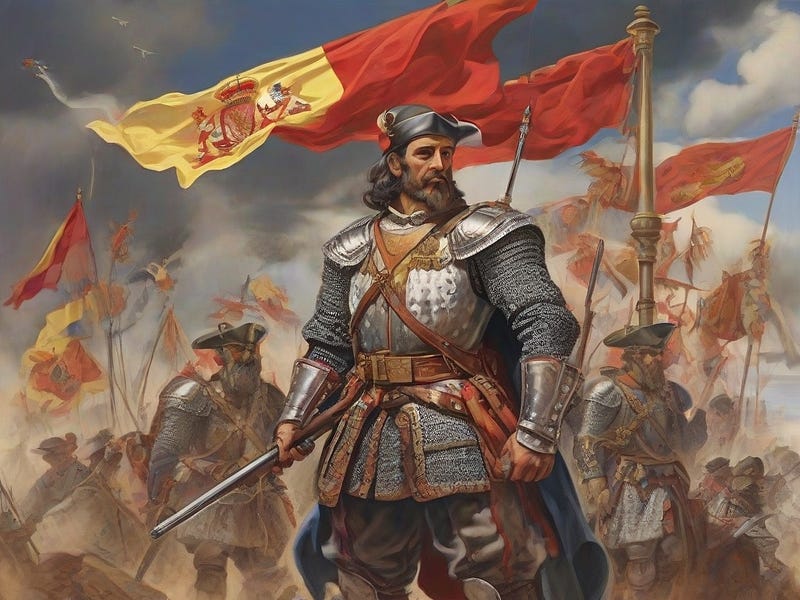
The transformation that unfolded in Europe during the 16th century significantly influenced its future as a global power. While many nations were involved in these historic events, only a select few emerged as pivotal players, establishing vast empires and impacting geopolitical dynamics in the subsequent century.
Section 1.1: Major Players in 16th-Century Europe
The 16th century was characterized by intense rivalries among the continent's leading powers, each vying for control not only within Europe but across the globe. Advances in navigation and exploration allowed these nations to extend their ambitions into overseas territories. The primary contenders in this international contest were Spain, France, Portugal, England, and the Netherlands. Each of these nations held considerable influence at the century's outset, though some would see their power wane by its conclusion.
Subsection 1.1.1: Spain's Ascendancy
At the beginning of the 16th century, Spain stood out as the most formidable power in Europe. The voyages of Christopher Columbus and subsequent conquests in Latin America brought immense wealth to the nation, leading to an influx of precious metals. This wealth fueled Spain's territorial ambitions on the continent, although such expansion would ultimately undermine its global standing.
Under the Habsburg dynasty, Spain began reshaping the geopolitical landscape of Europe. By the end of the 15th century, it had asserted control over southern Italy, while northern territories remained under French influence. Charles V, who ruled Spain, inherited significant Habsburg territories, including the imperial crown of the Holy Roman Empire in 1519. This consolidation of power intensified the rivalry with France, culminating in the war that began in 1521. The decisive Battle of Pavia in 1525 saw Charles V triumph over Francis I of France, who was subsequently captured.
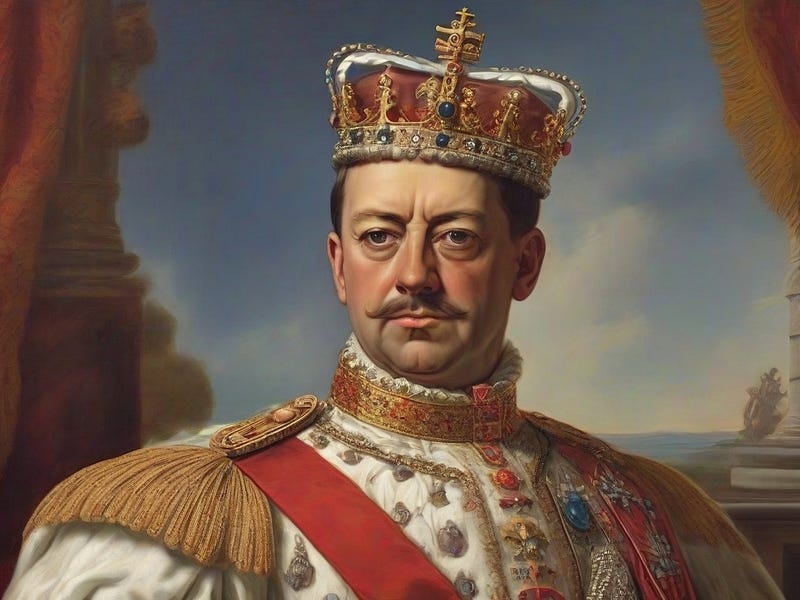
Section 1.2: France's Struggles and Alliances
France's trajectory during this period was marked by significant challenges, particularly during the Italian Wars. Despite setbacks like the defeat at Pavia, Francis I remained determined to claim Italian territories, forging alliances with the Papal States. However, this strategy backfired when Charles V retaliated by sacking Rome in 1527. The Italian Wars concluded with the Peace of Cateau-Cambrésis in 1559, solidifying Spain's dominance and diminishing France's influence.
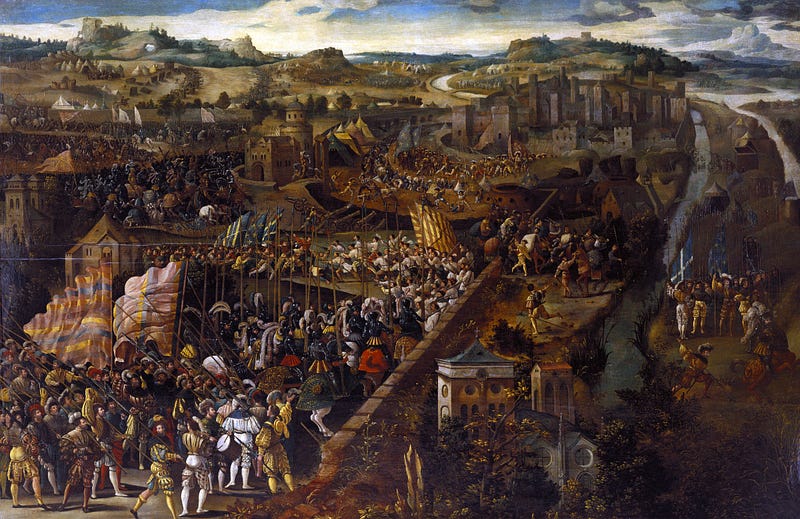
Section 1.3: The Netherlands' Economic Rise
In 1556, Charles V abdicated, splitting his empire between Philip II and Ferdinand I. Philip II inherited territories in Spain, Italy, and the economically prosperous Netherlands. During this era, the Netherlands emerged as a hub of industrial and commercial activity, with Amsterdam becoming a key player on the global economic stage. The Dutch were also at the forefront of maritime innovation, enabling them to establish colonies in Asia, Africa, and the Americas.
The quest for independence during the Reformation significantly altered the Netherlands' trajectory. Calvinism gained traction, leading to widespread unrest against Habsburg rule, culminating in a national uprising in 1572. By 1581, the northern provinces declared independence, establishing the Dutch Republic amid ongoing conflicts.
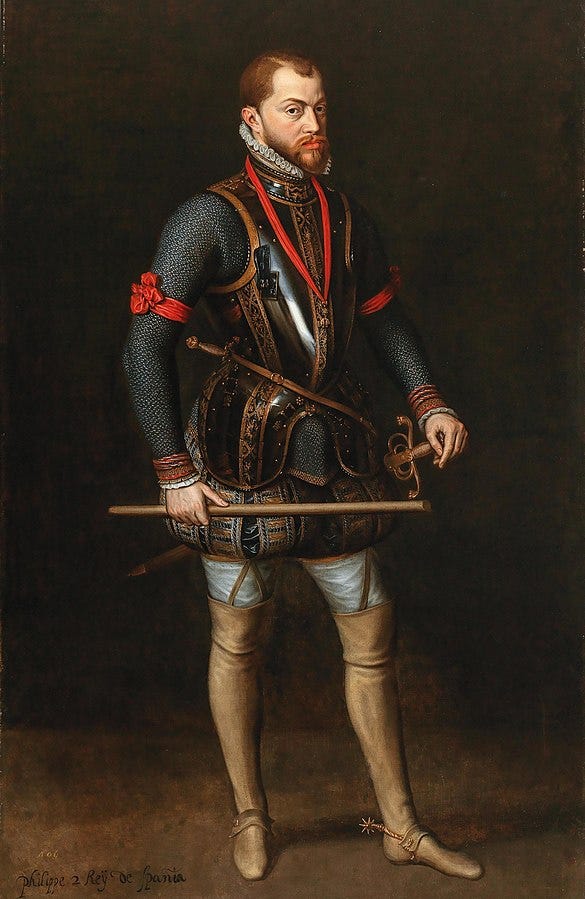
Section 1.4: Portugal's Maritime Dominance
Portugal's ascent began in the 15th century, culminating in the late 15th and early 16th centuries. The Treaty of Tordesillas in 1494 delineated Portugal's sphere of influence, allowing it to dominate trade in spices and other goods from India. This monopoly created substantial wealth for the Portuguese monarchy and spurred further exploration, including Ferdinand Magellan's voyage in 1522, which opened new trade routes.
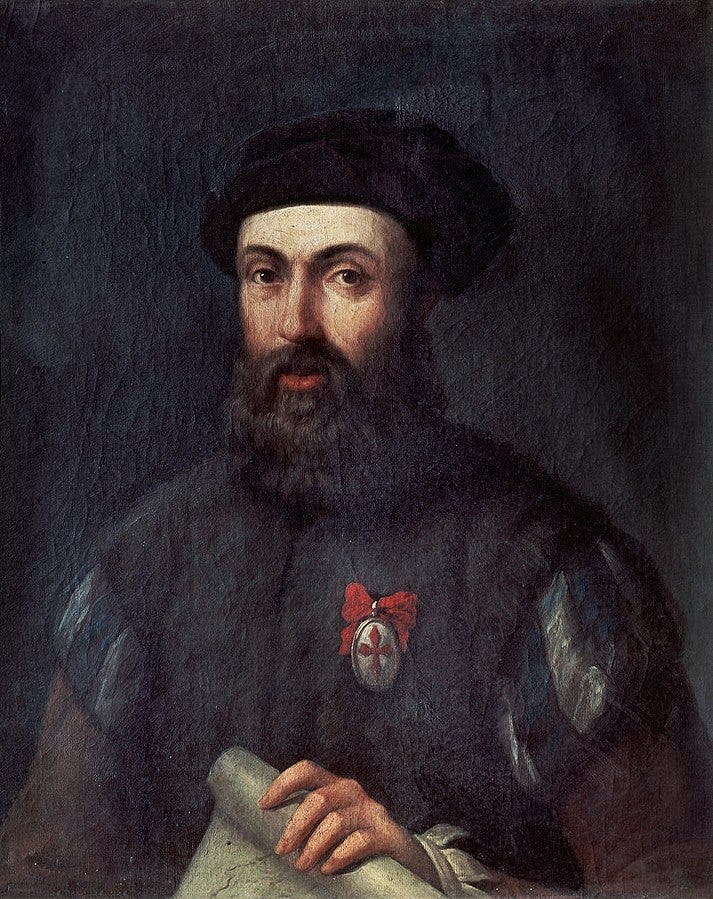
Section 1.5: England's Emergence as a Power
England's influence significantly shifted during the 16th century as it emerged as a maritime force with the establishment of the Royal Navy in 1546. The expansion of English territories, particularly in Ireland and North America, laid the groundwork for a burgeoning empire. Queen Elizabeth I's support for privateers to raid Spanish ships illustrated England's aggressive stance against Spanish and Portuguese dominance.
The tensions culminated in the Spanish Armada's ill-fated attempt to invade England in 1588, which ended in disaster for Spain and solidified England's naval supremacy.
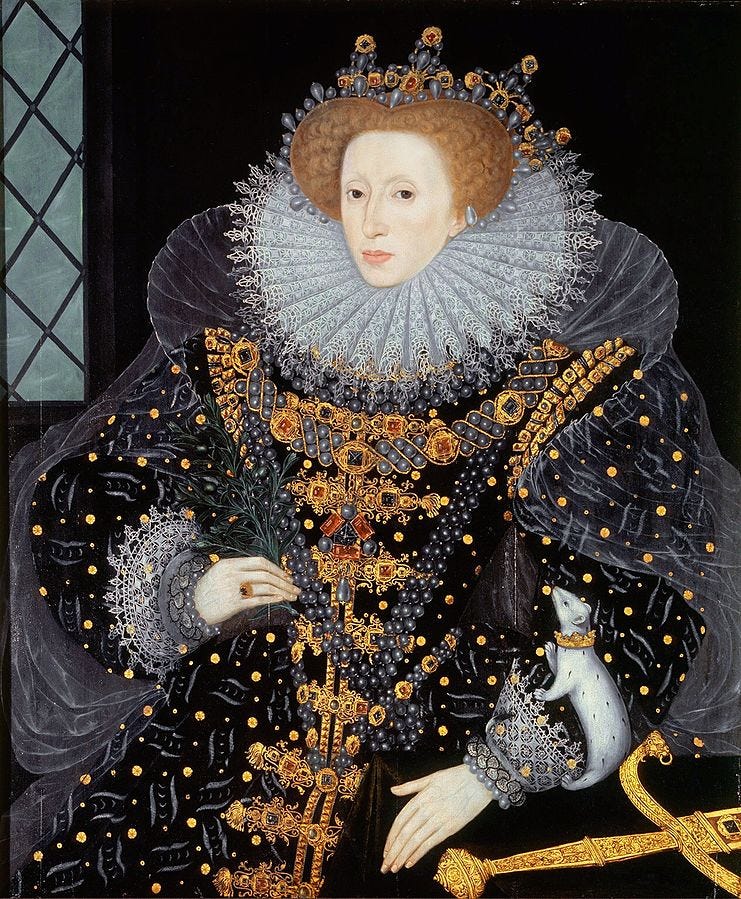
Chapter 2: Shifts in Power and Influence
The 16th century was a period of empire-building for European powers, inevitably leading to conflicts that reshaped the continent. However, as some powers declined, others rose to prominence.
The turn of the century marked a decline for Spain and Portugal, as wars eroded their influence and drained their resources. Spain entered the 17th century weakened, while Portugal lost territories and independence after falling under Habsburg control.
Conversely, the 17th century heralded a golden era for the Netherlands, which became one of the wealthiest nations through rapid economic growth and maritime dominance. England also solidified its imperial status, although it faced internal strife with the onset of civil war. Meanwhile, France transitioned into an era of absolute monarchy.
Dear readers I want to bring attention to an issue affecting content creators like myself on Medium.com. Our efforts are often met with inadequate compensation, even when we pour our hearts into creating valuable articles. If you appreciate my work, please consider supporting me on my “Buy Me a Coffee” page. Your contributions, regardless of size, can inspire me to keep producing engaging and thought-provoking content. Thank you for being part of this journey!

